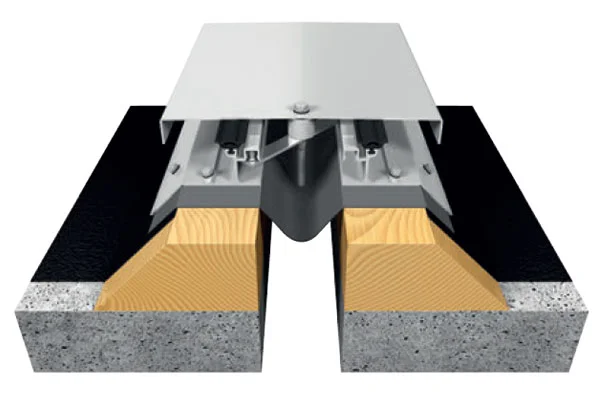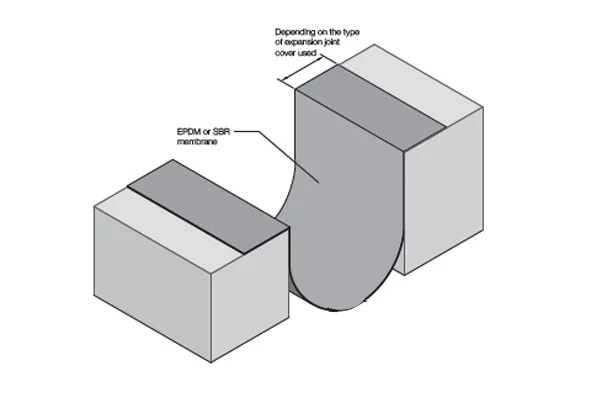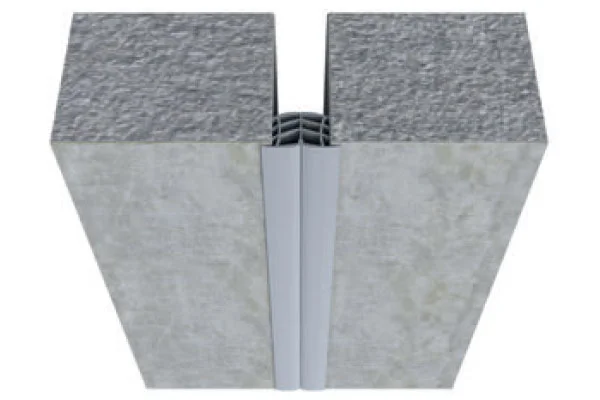When it comes to waterproofing solutions, one of the first questions you need to ask is, “Will it stand the test of time?”
The building envelope needs a system that can withstand decades of environmental exposure without failure. That’s why this landmark study by Momentive Performance Materials (MPM) has become an important reference point for evaluating sealant durability in real-world conditions.
Started in 1983, this study not only tested the long-term performance of various construction sealant chemistries but also highlighted the impressive waterproofing capabilities of silicone-based products.
Waterproofing Landmark Study
Conducted at the Atlas Weathering Test Facility in South Florida — an environment known for its intense UV exposure, high humidity, salty air, and tropical storms — 13 commercially available sealants were tested, including acrylics, polyurethanes, and silicones.
Over four decades, the sealants were tested for their ability to maintain a weathertight seal, simulating real-world stresses and conditions.
Panels of painted aluminum and glass were angled at 45 degrees and exposed without maintenance. Every 10 years, inspectors tested the samples based on:
- Adhesion and cohesion
- Flexibility and elastic recovery
- Surface appearance and hardness
Adhesion and cohesion are key indicators of a sealant’s ability to bond to substrates and maintain integrity under wet conditions.
Flexibility and elastic recovery are essential for enduring the expansion, contraction, and vibrations caused by thermal cycling and environmental shifts.
Surface appearance and hardness are critical for resisting the wear and tear that compromises the performance of any sealant or coating over time.
The Results
Silicone sealants consistently outperformed polyurethane and acrylic in terms of waterproofing ability, with acetoxy silicone ranking highest.
These formulations showed excellent resistance to aging and environmental stress, maintaining their integrity under Florida’s weathering conditions. Overall, the surface condition of silicone products remained in better shape, supporting their long-term waterproofing performance. Read more about the test on the Momentive blog at https://siliconeforbuilding.com/blog/40-years-of-outdoor-weathering-a-real-world-40-year-landmark-study-of-silicone-vs-alternative-chemistries
UV and Weathering
To repel water, a sealant or coating needs to maintain a seamless barrier. This means retaining flexibility over time, so that it can accommodate building movements due to thermal expansion, settling structures, or even high winds, without cracking or creating gaps that allow water ingress.
Silicone’s molecular structure works to resist degradation under prolonged UV exposure — a critical factor in waterproofing. UV rays can break down many organic compounds, but silicone’s stable chemistry keeps it intact even after decades, ensuring that UV conditions don’t compromise the protective barrier.
The test revealed that silicone remains flexible, meaning the waterproof barrier is preserved even when the building experiences stress from seasonal changes or extreme weather events.
Long-Term Adhesion, Seamless Integration
Keeping a building water-tight requires coatings and sealants that adhere to a variety of substrates and remain intact under rigorous weathering. Silicone delivers on both counts.
Silicone outperforms alternatives by forming a secure bond with the surface over time. This is critical in restoration projects where older roofing or facade materials may already be compromised. Silicone’s adhesion to aged surfaces ensures that the new coating integrates seamlessly, establishing a reliable waterproof seal without the need for costly replacements.
Four Decades of Proof
Momentive’s weathering study provides clear evidence that silicone sealants outperform polyurethane and acrylic alternatives in real-world testing. As these same chemistries are used across the construction sealant and coating industry, it suggests that silicone will outperform other chemistries in a wide range of waterproofing applications.
Silicone offers unmatched durability, flexibility, and long-term performance, withstanding extreme weather conditions without degradation. Its excellent adhesion and resistance to UV and moisture make it a great choice for lasting protection, helping building owners reduce maintenance costs while ensuring long-term waterproofing integrity.







